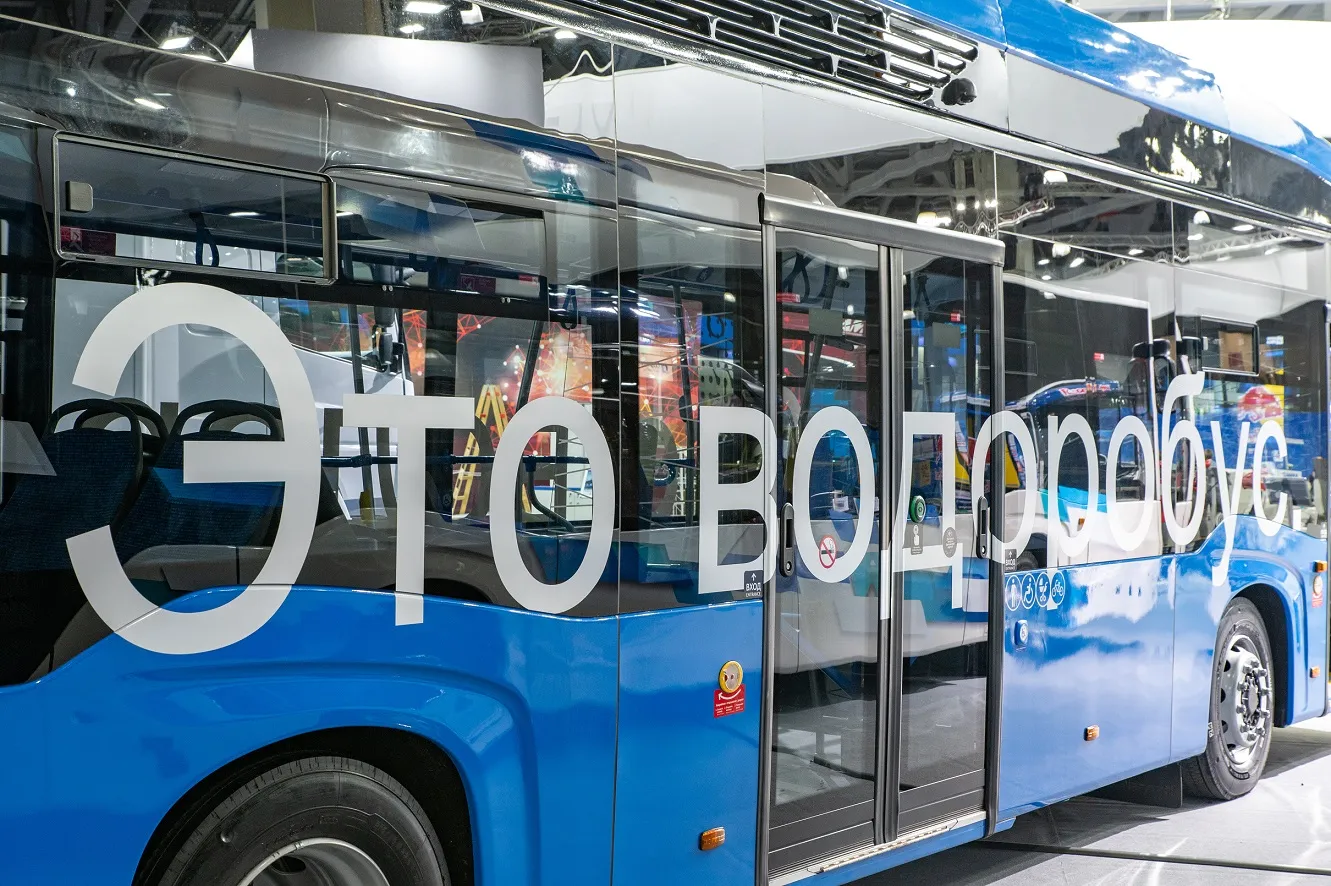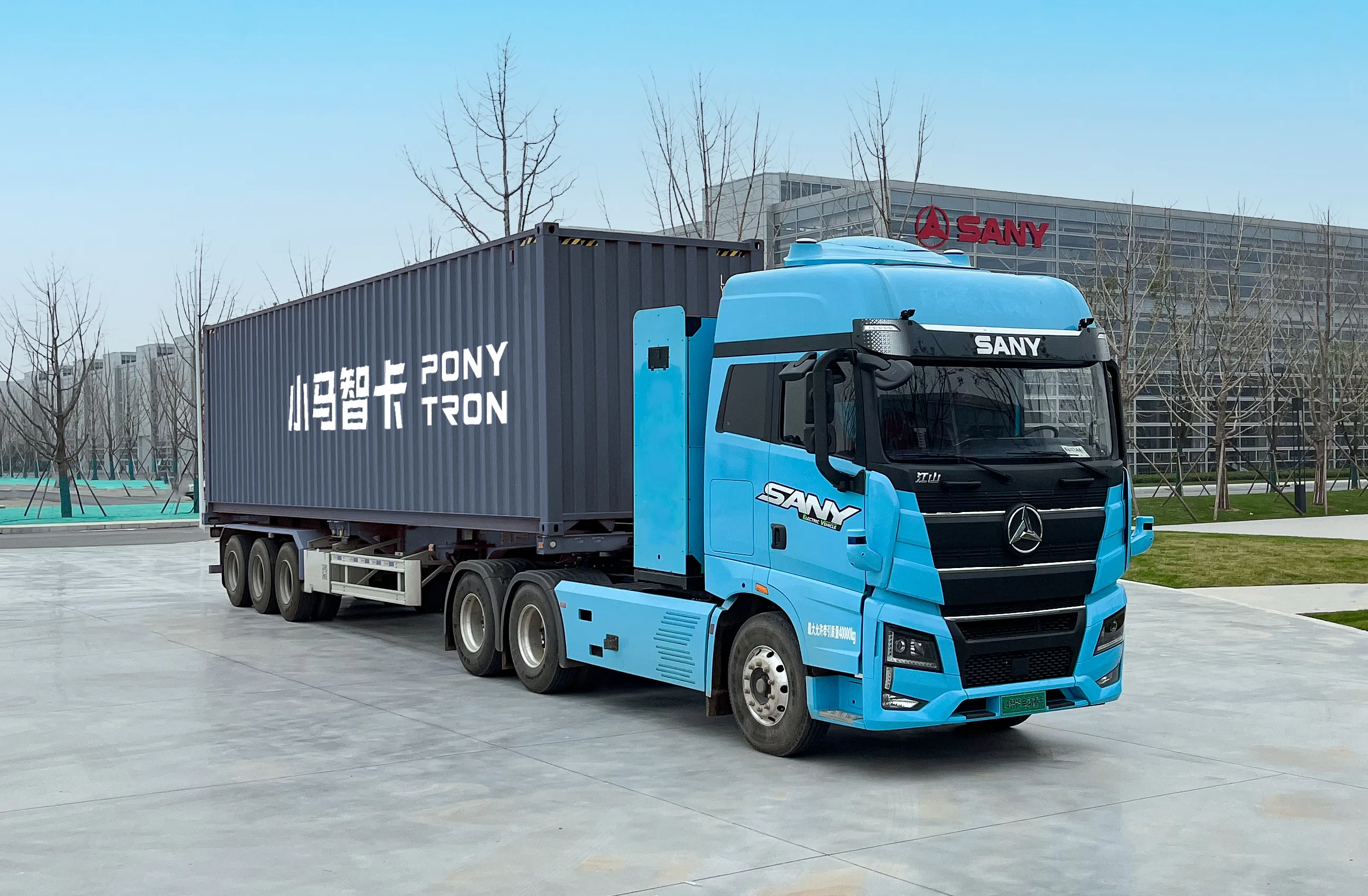Ballard Power Systems (BPS) has announced it has signed a development agreement with Siemens, with a contemplated value of $9 million (£6.8 million), to develop a zero-emission fuel cell engine to power Siemens’ Mireo light rail train in Germany. Initial deployments of the train are planned for 2021. BPS will develop a 200-kilowatt fuel cell engine for integration into the new train platform which aims to reach speeds of up to 160 km per hour (100 miles per hour). Sabrina Soussan, chief executive officer
November 16, 2017
Read time: 2 mins
Ballard Power Systems (BPS) has announced it has signed a development agreement with 189 Siemens, with a contemplated value of $9 million (£6.8 million), to develop a zero-emission fuel cell engine to power Siemens’ Mireo light rail train in Germany. Initial deployments of the train are planned for 2021.
BPS will develop a 200-kilowatt fuel cell engine for integration into the new train platform which aims to reach speeds of up to 160 km per hour (100 miles per hour).
Sabrina Soussan, chief executive officer of the Mobility Division at Siemens said, "Our cooperation with Ballard is a decisive step towards replacing diesel-powered rail vehicles with emissions-free vehicles in the long-term interests of sustainable and climate-friendly mobility. We want to be able to offer our customers flexible train solutions for various suburban routes, which vary according to regional conditions and technical possibilities."
Randy MacEwen, BPS president and chief executive officer added, "We are seeing rapid market demand growing for clean energy fuel cell technology in a range of Heavy Duty Motive applications, including trains, trams, transit buses and commercial trucks. This Development Agreement with Siemens, a major industrial conglomerate and leading global train OEM, is a testament to the overall value proposition offered by Ballard's fuel cell technology in a demanding use case and duty cycle. In this application, fuel cells enable electrification with range, without the need for costly catenary wire infrastructure."
BPS will develop a 200-kilowatt fuel cell engine for integration into the new train platform which aims to reach speeds of up to 160 km per hour (100 miles per hour).
Sabrina Soussan, chief executive officer of the Mobility Division at Siemens said, "Our cooperation with Ballard is a decisive step towards replacing diesel-powered rail vehicles with emissions-free vehicles in the long-term interests of sustainable and climate-friendly mobility. We want to be able to offer our customers flexible train solutions for various suburban routes, which vary according to regional conditions and technical possibilities."
Randy MacEwen, BPS president and chief executive officer added, "We are seeing rapid market demand growing for clean energy fuel cell technology in a range of Heavy Duty Motive applications, including trains, trams, transit buses and commercial trucks. This Development Agreement with Siemens, a major industrial conglomerate and leading global train OEM, is a testament to the overall value proposition offered by Ballard's fuel cell technology in a demanding use case and duty cycle. In this application, fuel cells enable electrification with range, without the need for costly catenary wire infrastructure."










